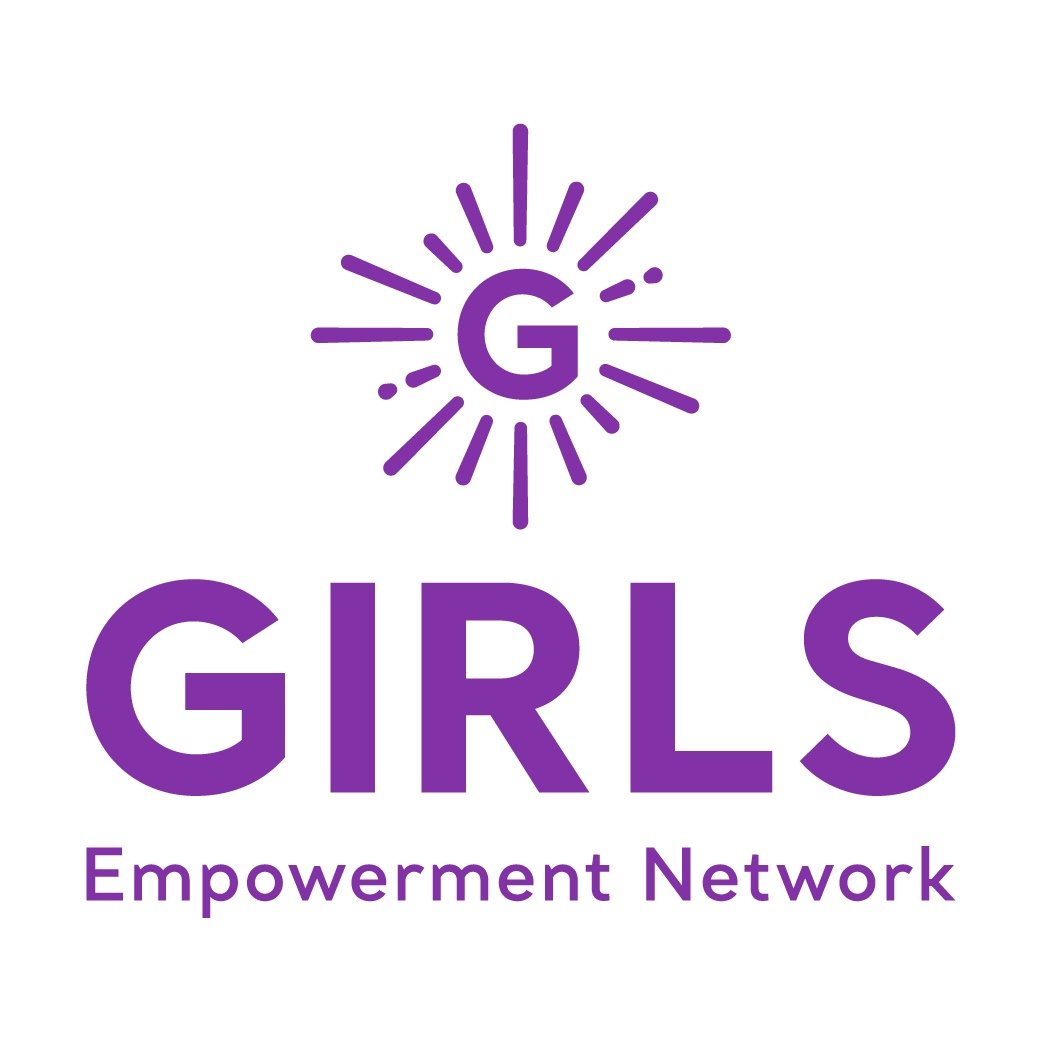Women Revolutionizing Lives Overseas
Contributed by: Emily Alonzo
Worldwide, women overcome obstacles and stand up for what they believe in, often despite profound backlash. We wanted to honor the achievements of two of those women.
Girls in school in Khyber Pakhtunkhwa province in Pakistan
Meet Riffat Arif, popularly known as Sister Zeph. She is the founder of Zephaniah Free Education, a school in Punjab, Pakistan, and has been running it for the past 20 years. Sister Zeph started all of this at the young age of 13 years old!
Sister Zeph began teaching immediately after having experienced abuse from a teacher in front of all her classmates, who did nothing about the situation but tease her. She decided to start a school of her own so other children would not experience the same thing. Not only does Sister Zeph provide a free, safe education for children, but she also focuses on empowering women by showing them the great opportunities that life has to offer. “My calling is to empower each and every woman on this earth and to make them feel that they are not a property of men they are complete human beings equal to men,” she said. Sister Zeph continues teaching, despite death threats from some of those who disagree with her work and mission.
Sister Zeph and her cause began to gain momentum in 2006 thanks to the power of the internet. She first joined Facebook and expanded to World Pulse and her very own website, https://zepheducation.org/. The online community has donated a tremendous amount toward Sister Zeph’s mission. This fueled her hope even more, encouraging her to continue her work. Sister Zeph is a confident leader who made her dream a reality at a young age. She demonstrates that anything is possible with a lot of drive and heart. Sister Zeph is cultivating a generation of young leaders not only for Pakistan, but for the world.
Meet Mukta Dagli, founder of Pragnachakshu in India, a non-profit school for blind and visually impaired women. Students at Pragnachakshu are taught much more than just learning how to read braille. In addition to their academics, these female students are taught vocational skills, such as training to be electrical engineering apprentices, chefs, and computer engineers.
India is home to millions of blind citizens and the majority of blind women remain fully dependent on their families with no opportunity of education or employment. In many cases, several families treat their blind members poorly. Pragnachakshu is working to change this stereotype and help women gain their independence through the power of education. These women are surrounded by encouraging, patient instructors who believe in their potential to be so much more than just a ”blind person” with no skills. “We often have to teach the girls by hand,” said Dagli. “It takes practice, but you just have to keep doing it by hand each time. And sometimes their mothers, their sisters, they get tired of doing that, so the girls don’t believe they can learn.”
Dagli, who became blind at the age of 7 due to meningitis, opened Pragnachakshu in 1995. Pragnachakshu offers full housing, board and tuition for girls seeking primary or secondary education. The school has expanded from only 4 students when first opening to over 200 women today. To date, over 400 students have graduated from this school.
Both Sister Zeph and Mukta Dagli have gone above and beyond instilling confidence and hope in the lives of several young girls and women, no matter their background.
References:
Despite death threats, she’s still teaching. And a global online community has her back.

